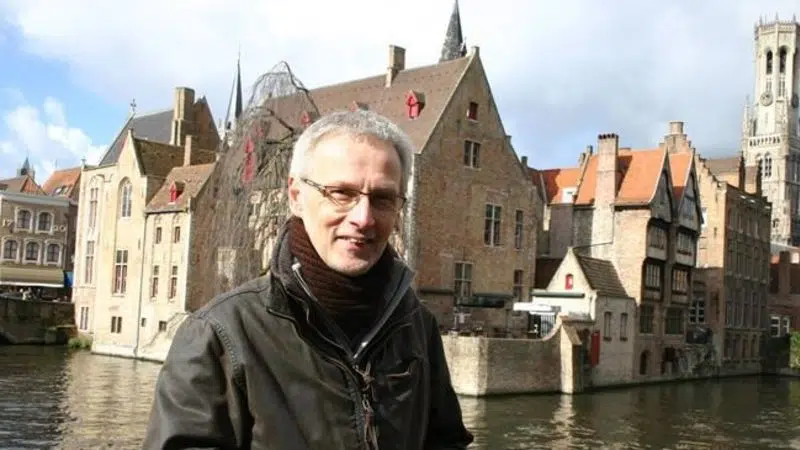
Groups believe not having children is a way to cut a person’s carbon footprint
VANCOUVER — When Roy Sasano told his parents he was getting sterilized a few years ago to reduce his carbon footprint, he remembers they weren’t surprised.
After all, he had already taken other steps to fight climate change by becoming a vegan, “virtually” eliminating single-use plastic and reducing his consumption as much as is practicable.
“I think there was a brief moment of disappointment, but they just laughed it off,” said Sasano, 39, who lives in Vancouver.
